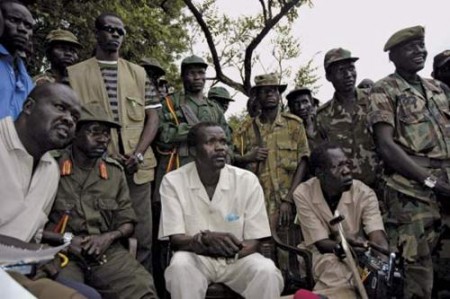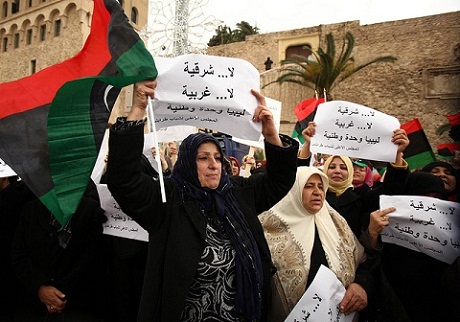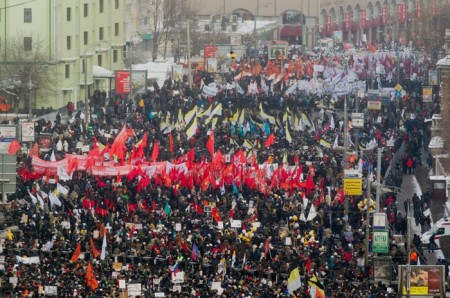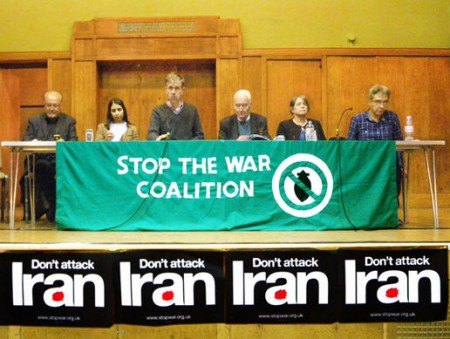
The Kony 2012 video produced by Invisible Children has attracted somewhere between 80 and 100 million views by now. No matter what your position on the campaign is, it is undeniable that it managed to tap a huge reservoir of public attention. The viral campaign and reactions to the video quickly spilled over from internet blogs to the classic medias, with basically all big newspapers, TV stations and radio stations running a story on Kony 2012 at least once. And that’s when it all went wrong.
The simplified and – as many rightly point out – to some extent even dangerous message of the video was answered with a global smear campaign that started picking apart not only Kony 2012 but also Invisible Children’s organizational structures and accounting practices. In the end, Kony 2012 has left behind only losers. The current victims of the LRA in the Democratic Republic of Congo, the Central African Republic and South Sudan remain largely ignored, the formerly war affected communities in northern Uganda feel deeply offended by the video, the work of Invisible Children has been discredited, its co-founder and Kony 2012 producer Jason Russel had a mental breakdown in public, and a huge potential of public awareness that could have really made a difference in Central Africa has been squandered.




